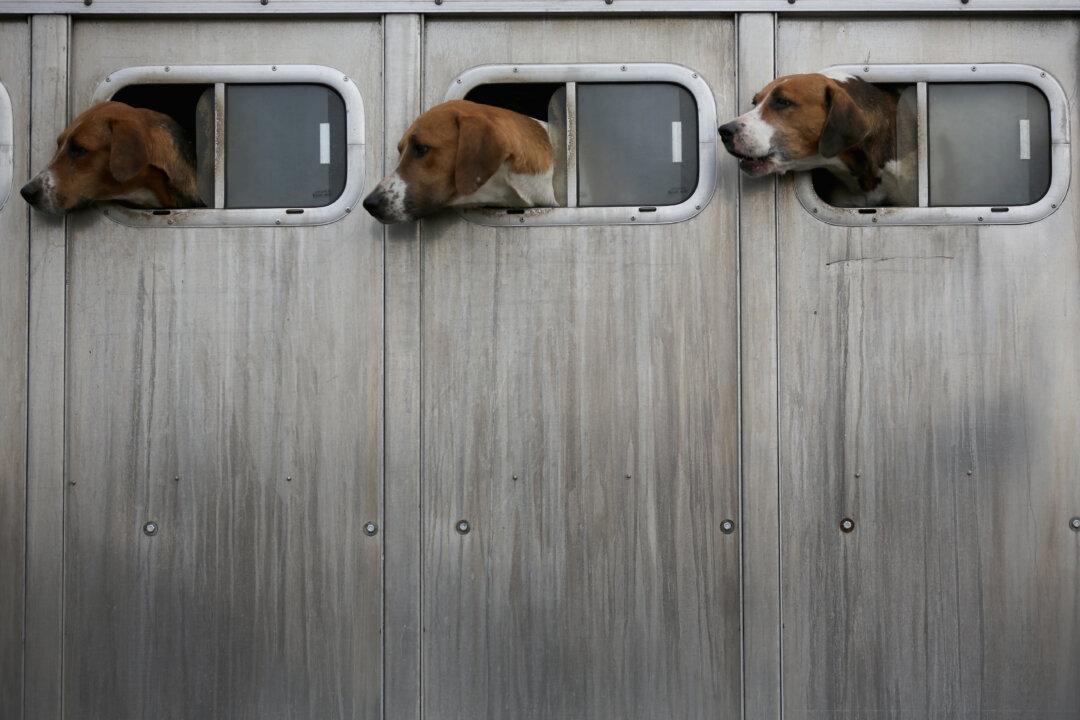The proposed tobacco ban by the UK government is facing intense scrutiny as concerns mount over potential economic fallout after a free market think tank issued a stark warning today, predicting a substantial £9 billion annual loss if the ban comes into effect.
During his address to the Conservative Party Conference in Manchester in October, Prime Minister Rishi Sunak announced measures to raise the smoking age annually and restrict the availability of vapes to children.





